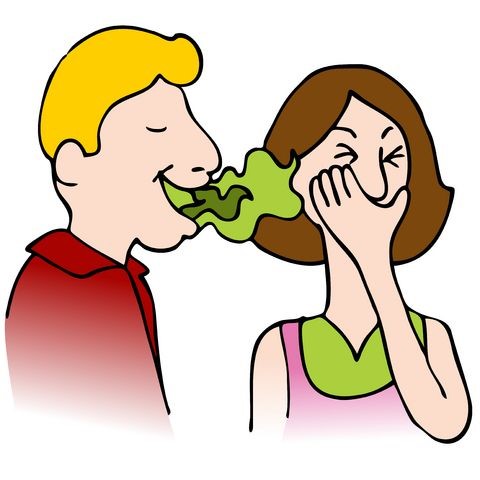Poor Health is a wide term that can envelop a scope of conditions and expresses that veer off from the ideal prosperity of a person. It’s critical to take note of that wellbeing is a complicated and complex idea, and what is “Poor Health” can fluctuate in light of various elements, including individual conditions, social standards, and clinical guidelines. When discussing poor health, consider the following:
Disease and Illness:
- Intense Sicknesses: These are unexpected and serious circumstances, like contaminations, wounds, or diseases that have a quick beginning. Models incorporate influenza, pneumonia, or a messed up bone.
- Ongoing Circumstances: These are long haul medical problems that frequently require continuous administration. Conditions like diabetes, hypertension, and joint pain fall into this classification.
Mental Health Issues:
- Mental Illnesses: Conditions like misery, nervousness, bipolar confusion, and schizophrenia can altogether influence a person’s emotional wellness and generally prosperity.
- Stress and exhaustion: Constant pressure, whether connected with work, individual life, or different variables, can add to negative wellbeing results.
Unhealthy Lifestyle Choices:
- Unfortunate Nourishment: Eats less carbs high in handled food varieties, unnecessary sugar, and undesirable fats can prompt different medical conditions, including stoutness, cardiovascular issues, and supplement lacks.
- Absence of Active work: Stationary ways of life add to a scope of medical problems, including stoutness, cardiovascular infection, and outer muscle issues.
- Substance Misuse: Inordinate liquor utilization, tobacco use, and the abuse of medications can meaningfully affect physical and psychological wellness.
More information about poor health
- Contamination: Openness to air and water contamination, too as other ecological dangers, can add to respiratory issues, skin issues, and other wellbeing concerns.
- Risky Everyday environments: Absence of admittance to clean water, disinfection, and safe lodging can adversely influence wellbeing.
Social Determinants:
- Neediness and Imbalance: Financial variables assume a critical part in wellbeing results. It’s possible that people living in poverty won’t have as much access to education, healthy food, or healthcare.
- Social Separation: Absence of social help and significant associations can add to emotional well-being issues and may try and effect actual wellbeing.
- Acquired Conditions: Some people may be more likely to get certain diseases because they have a genetic predisposition to them.
Lack of Access to Healthcare:
- Boundaries to Medical services: Restricted admittance to clinical benefits, prescriptions, and preventive consideration can bring about deferred analyze and insufficient administration of medical problems.
Tending to terrible wellbeing frequently includes a mix of clinical intercession, way of life changes, and social help. Avoidance, early recognition, and opportune treatment are critical parts of keeping up with and further developing wellbeing. People must be proactive about their prosperity, embrace solid propensities, and look for proficient assistance when required. Furthermore, advancing strategies and practices that address social determinants of wellbeing can add to generally speaking local area prosperity.
